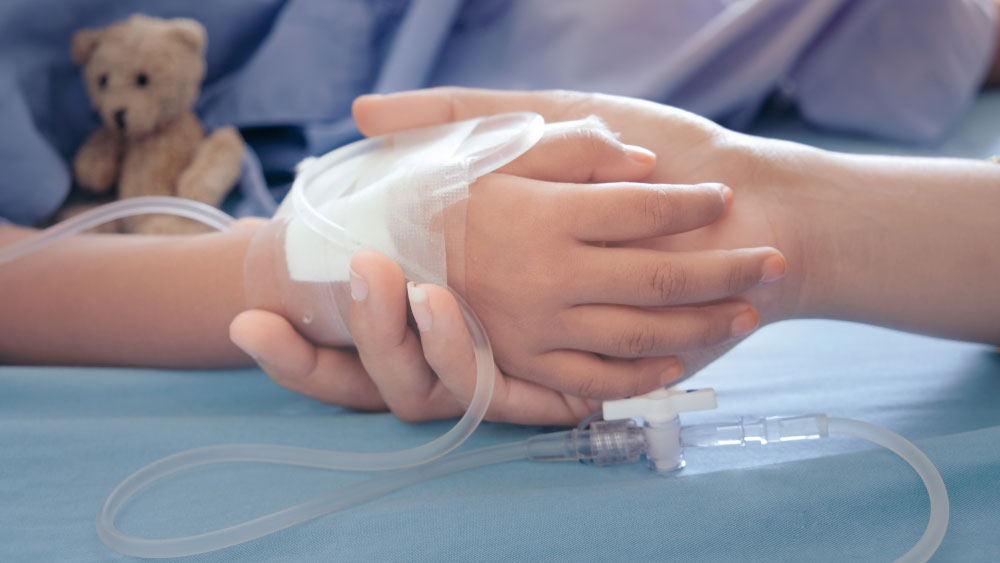A two-year-old boy suffering from a rare neurological ailment spent close to a week on life support at a city hospital.
When he woke up, his mind had aged in reverse and he started behaving like a two-month-old baby, said the doctor treating him. After a month at the hospital, he was discharged in the last week of September.
A few days back, the boy had his first check-up since the discharge. He is recovering now and is expected to improve further over the next few months, the doctor said.
The story has similarities with The Curious Case of Benjamin Button, a 2008-American fantasy film loosely based on the 1922 short story of the same name by F. Scott Fitzgerald. The story revolves around the titular character — played by Brad Pitt — who ages in reverse.
The boy hails from Krishnagar in Nadia.
The baby was brought to Fortis Hospital off the EM Bypass on August 31 with severe cough and cold and frequent bouts of convulsion. The oxygen level in his blood had also dropped alarmingly. He came from another hospital which lacked life support infrastructure.
At Fortis, the baby was immediately put on ventilation support.
An MRI scan showed white patches in the brain and inflammation of the cells. There were red spots in between the white patches.
“The boy was suffering from a severe form of acute disseminated encephalomyelitis (Adem),” said Sumita Saha, consultant paediatrician and neonatologist at the hospital.
Nasal swab taken from the baby confirmed influenza B virus.
“Adem is a fallout of influenza, which triggers an auto-immune reaction in the body of the patient. It leads to swelling of the brain. In this case, the boy also had internal bleeding in the brain,” said Saha.
The global rate of prevalence of the disease is “two in 10 lakh patients”, she said.
The boy was given steroids and IVIG (intravenous immunoglobulin) therapy to treat the swelling in the brain.
The baby survived and was brought out of ventilation after six days. But he did not have any neck control and could not even swallow food.
“His brain behaved like a two-month-old baby’s brain. He could not turn his head, sit up or smile. Before the ailment, he was able to walk,” said Saha.
The baby spent the next few weeks at the hospital, undergoing treatment that included regular physiotherapy sessions. At the time of the September-end discharge, the boy’s mental condition had improved marginally.
The physiotherapy sessions are being continued at his home. At the time of the first check-up, the boy was able to sit without support and stand up with support, the doctor said. “By next year, the boy should have more parity with children of his age,” she said.
